Earth Science Research News
Earth News and Information
Filters
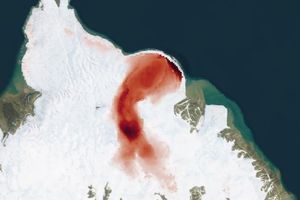
The glacier in southeastern Svalbard pulses with the changing seasons, speeding up and slowing its flow toward the sea.

Cortina d'Ampezzo, flanked by steep-sided mountain peaks, is the site of several skiing and sliding events in the 2026 Winter Olympics and Paralympics.
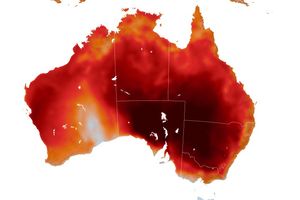
January brought blistering extremes Down Under as record temperatures scorched the nation’s southeast.
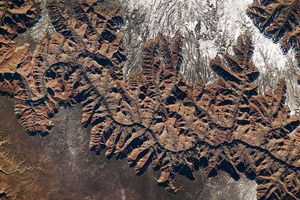
A dusting of white highlighted the Colorado Plateau around the deep gorge, while shadows created a visual illusion.

NASA Scientist Alex Gardner highlights how Landsat made his research into the dynamics of glacial flow possible.

Ice in the Hudson River hugged the shore of Manhattan amid a deep freeze.

Icebreakers play a critical role in delivering supplies to America's largest research base in Antarctica.
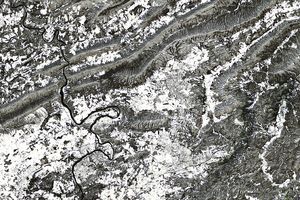
From autumn color to a winter-white finish, forested areas around Blacksburg trade foliage for snow over the span of two months.

Following a significant winter storm, frigid temperatures lingered in late January 2026 across a vast swath of the U.S.
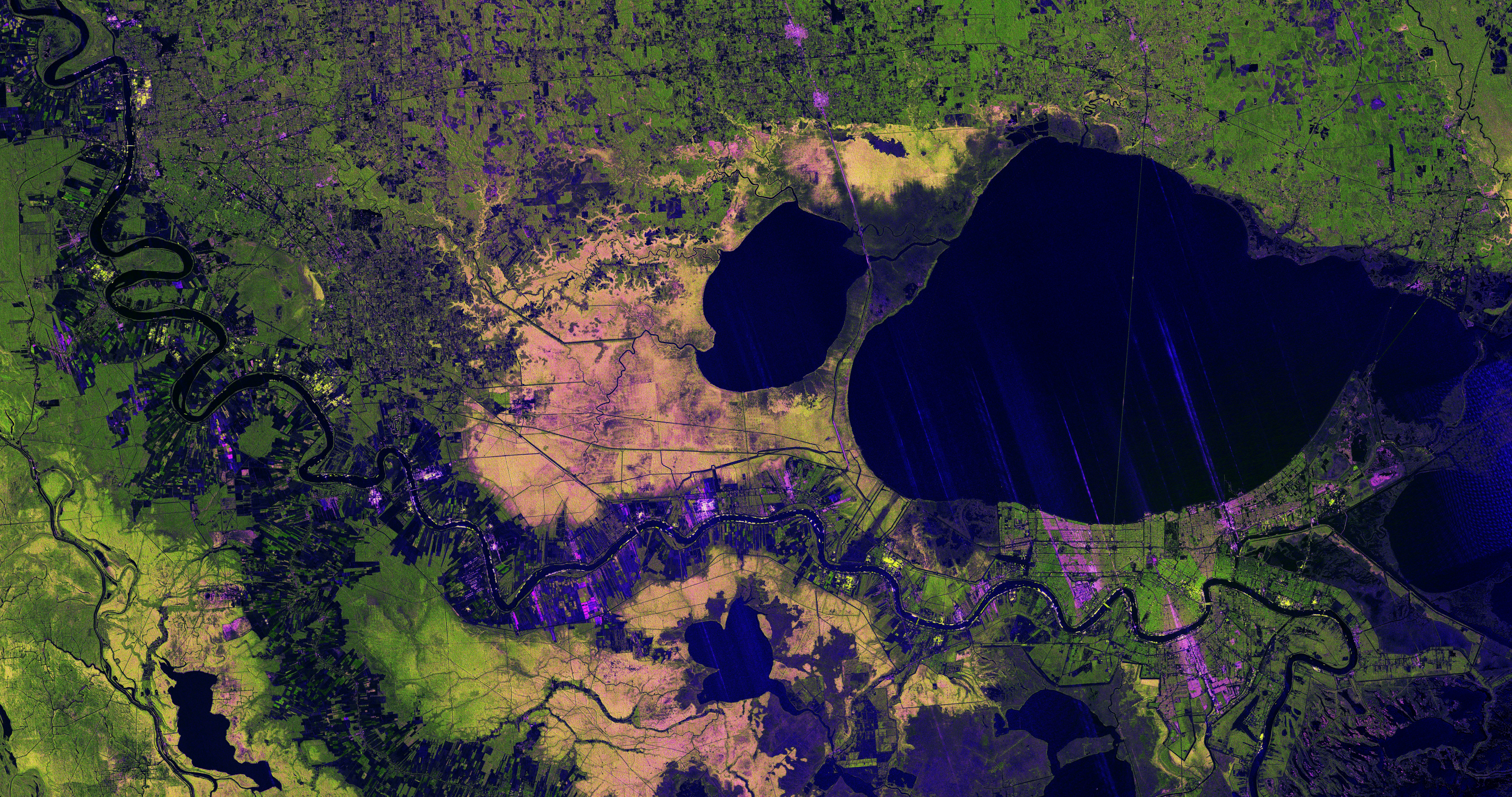
A new image from the NISAR mission shows off the satellite’s ability to reveal details of Earth’s surfaces. The science team also released new sample data. A U.S.-Indian Earth satellite’s ability to see through clouds, revealing insights and characteristics of our planet’s surface, is on display in a…
























